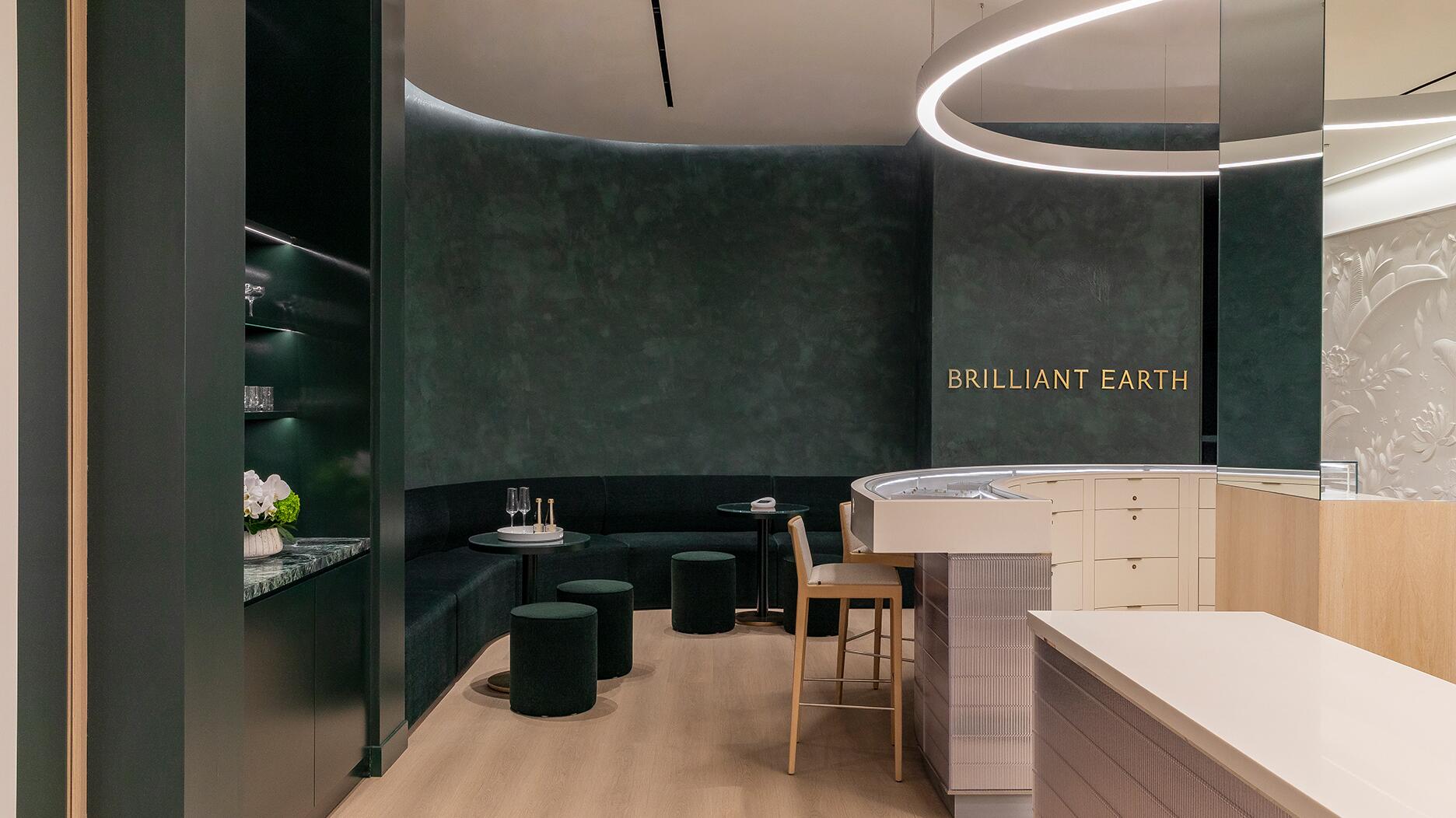Chicago police and members of the U.S. Marshals Service tracked down the 35-year-old suspect earlier this week in St. Louis.
3 Retail Predictions for 2017
There’ll be continued consolidation and a desire to experience and access, but not necessarily own, things.

Hello, and Happy New Year. I hope that 2017 is treating you well so far.
Before 2016 ended, I rounded up the six stories I thought had the biggest impact on the jewelry market last year. Now, I offer three predictions for the year ahead.
If you have thoughts or predictions of your own, please email me or leave them in the comments below.
1. Retailers, including big chains, will continue to close. My brother worked at Sears selling ceiling fans when we were teenagers back in the 1990s. The store wasn’t very busy then, and it’s even less so now.
Sears is, or was, the place for Craftsman tools and … well, that’s actually a hard to blank to fill in because I really don’t know what exactly people would go to Sears for that they couldn’t get at Best Buy or Macy’s or Home Depot or Amazon. And that’s one of the biggest reasons this year could mark the sad end for an American institution that started as a mail-order catalog business in 1886: After losing ground for years, it never established a modern identity.
Sears won’t be the only retailer shutting down or, at the very least, consolidating in 2017, continuing a pattern that accelerated in 2016.
It’s only Jan. 10, and we’ve already seen women’s clothing retailer The Limited announce that it’s shutting down its stores and going online, and it seems likely American Apparel also will close all its stores.
In the jewelry sector, a total of 895 jewelry stores in the U.S. and Canada had shuttered by the end of the third quarter.
While there has been some discussion on Facebook lately pointing out that some of those are jewelers who switched to by-appointment or custom only, the closures still vastly outnumber the amount of new businesses opening.
In Q3, the 895 closures represented a 46 percent year-over-year increase. The number of retailers that opened in the U.S. and Canada in that same time period totaled 51, down from 62 the previous year.
In an interview last year, I asked JBT President and CEO Anthony Capuano if he sees the trend of store closures reversing itself anytime soon. He said no, adding later in the conversation that, “Retailers are really fighting for those dollars because they are fighting a whole pattern of purchasing,” meaning increased competition brought on by the internet and consumers’ changing tastes and desires (more on that below).
“You
2. The experiences will continue to be important. I’ve seen two commercials (likely caught between quarters of the Steelers’ dominating late-season run) recently that speak directly to consumers desire to do stuff instead of having stuff.
The first was for a retirement fund and the second was from Groupon, which is encouraging people to “own the experience.”
{youtube}JZkFmYrdn-A{/youtube}
In the spot, Groupon draws a line between the “haves,” people who spend their money on cars or lavish and extremely elevated bathtubs, and the “have dones,” those who spend their money on experiences, such as aerial yoga and dinners (presumably using Groupon).
Groupon launched the multi-million national advertising campaign back in May and the company’s head of marketing for North America told the Chicago Tribune that the idea behind the campaign is to expand the company’s customer base, attracting millennials, who are known to value experience over “things,” in particular.
If a consumer decides to spend money on an African safari instead of a diamond ring, I am afraid there’s not much a jeweler can do.
What they can do, however, is provide a great retail experience to the customers who are choosing jewelry over experiences.
National Jeweler columnist Peter Smith detailed three stores that are doing just that in his latest column.
3. We will see the acceleration of the “access economy.” One of my new year’s resolutions this year is to try out new things, and also to work less and enjoy life more.
Regarding the former, I am doing well thus far. I ate at a new restaurant last night and ordered from Rent the Runway for the first time.
For those of you who are not familiar, Rent the Runway is an e-commerce company (with a budding brick-and-mortar presence) that specializes in renting out dresses, jewelry and other accessories for special occasions.
Rent the Runway is part of what was once known as the sharing economy but now is called the “access economy.”
The access economy refers to goods and services being traded on the basis of access rather than ownership, a trend that has been fueled by technology. Two good examples are, as mentioned above, Rent the Runway, which gives its customers access to formal wear without having to pay full price for it, and Zipcar, which allows people to be able to use cars without having to pay to buy and maintain them.
The access economy has also consumed the music industry, as people pick streaming over buying albums in record numbers, no pun intended.
Companies like Rent the Runway and others that are part of the access economy seem poised to pick up steam in 2017.
RTR recently got $60 million from investors and will use some of that money to open stores, while Uber, Airbnb and Spotify are among the tech companies rumored to be going public in the coming year.
In some respects, fine jewelry falls outside the sphere of the access economy. No one, for example, wants to rent their engagement ring and send it back the day after their wedding.
But I think there definitely is a market for a website that rents out high-end pieces for special occasions.
Back in September, we wrote about Adorn, a website that does just this and is currently looking for a buyer.
So, if you made the same New Year’s resolution as I did this year--to try new things--maybe this is your chance.
The Latest

Owners of the Ekapa Mine reportedly filed for liquidation about a week after a mudslide trapped five workers who have yet to be found.
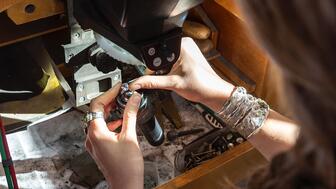
A 10-year alliance has also begun to address the shortage of bench jewelers through scholarships, enhanced programs, and updated equipment.

Every jeweler faces the same challenge: helping customers protect what they love. Here’s the solution designed for today’s jewelry business.
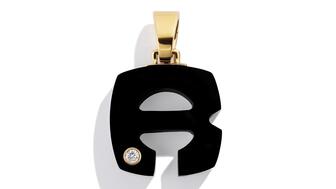
The “Splendente” collection has evolved to feature hardstone letter pendants, including our Piece of the Week, the onyx “R.”

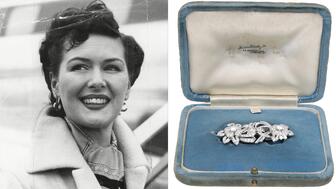
The jewelry collection belonged to “one of society's most glamorous and beautiful women of the mid-20th century,” said the auction house.

The update came as Anglo took its third write-down on the diamond miner and marketer, which lost more than $500 million in 2025.

With refreshed branding, a new website, updated courses, and a pathway for growth, DCA is dedicated to supporting retail staff development.

Emmanuel Raheb discusses the rise of “GEO” and the importance of having well-written, quality content on your website.
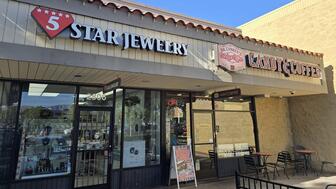
Each received around four years for burglarizing a jewelry store and a coffee shop in Simi Valley, California, last May.

Catherine Aulick, a GIA graduate, received the ninth and final Gianmaria Buccellati Foundation Award for Excellence in Jewelry Design.

We asked a jewelry historian, designer, bridal director, and wedding expert what’s trending in engagement rings. Here’s what they said.
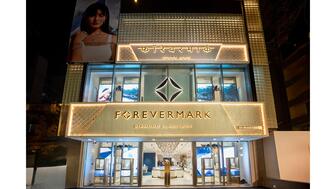
Experts from India weigh in the politics, policies, and market dynamics for diamantaires to monitor in 2026 and beyond.

Are arm bands poised to make a comeback? Has red-carpet jewelry become boring? Find out on the second episode of the “My Next Question” podcast.

The Swiss watchmaker is battling declining sales amid a rapid retail expansion, according to a Financial Times report.

The campaign celebrates Giustina Pavanello Rahaminov, the co-founder’s wife and matriarch of the family-owned brand, for her 88th birthday.

Rachel Bennett, a senior jeweler who has been with Borsheims since 2004, earned the award.

After the Supreme Court struck down the IEEPA tariffs, President Trump imposed a 10 percent tax on almost all imports via a different law.

The industry veteran, who was with The Edge Retail Academy for 14 years, joins her husband at the company he founded in 2022.

The vintage signed jewelry retailer chose Miami due to growing client demand in the city and the greater Latin American region.

Former Flight Club executive Jin Lee will bring his experience from the sneaker world to the pre-owned watch marketplace.
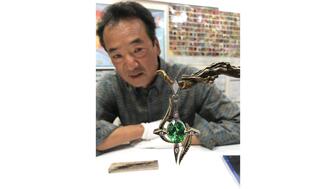
Sakamoto, who died in mid-January following a sudden illness, is remembered for his humility and his masterful, architectural designs.
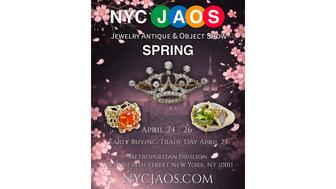
The April event will feature a new VIP shopping day requiring a special ticket.

Bulgari chose the British-Albanian singer-songwriter for her powerful and enduring voice in contemporary culture, the jeweler said.

In a 6-3 ruling, the court said the president exceeded his authority when imposing sweeping tariffs under IEEPA.

Smith encourages salespeople to ask customers questions that elicit the release of oxytocin, the brain’s “feel-good” chemical.

JVC also announced the election of five new board members.












